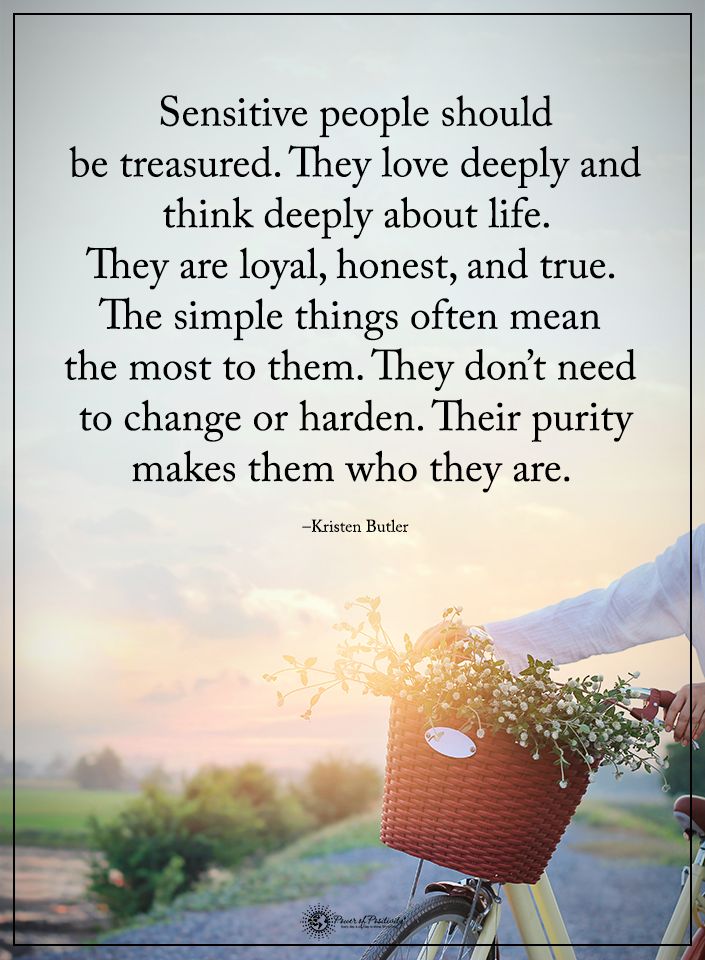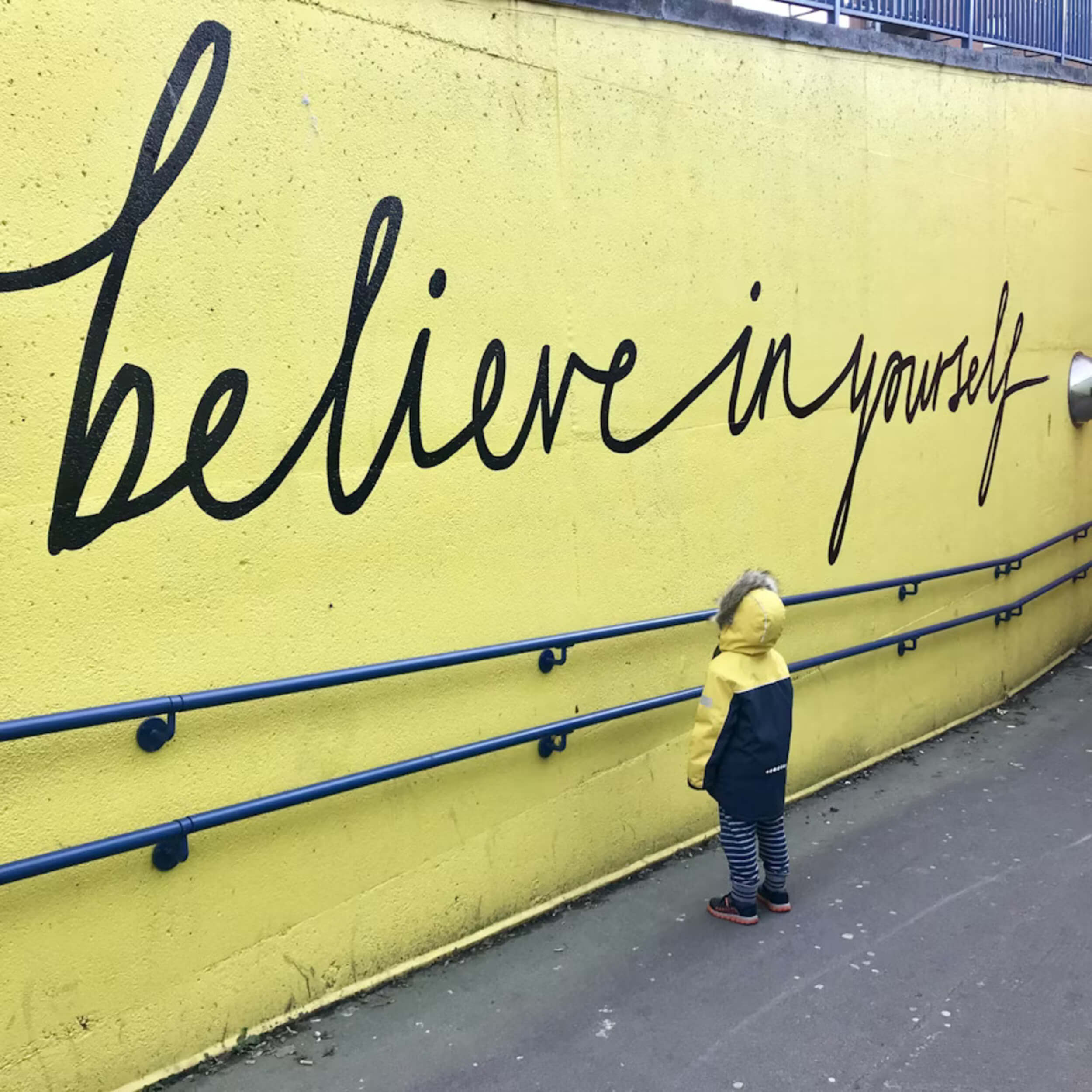Did you know that finding ways to forgive can be the most freeing decision you’ll ever make? Think about it—holding onto anger or resentment can weigh you down, keeping you trapped in a cycle of pain. Maybe you’ve been wronged by someone you trusted, or perhaps you’re even struggling to forgive yourself. Whatever the case, learning to forgive isn’t just about others—it’s about reclaiming your peace.
When we refuse to let go, we allow the past to control our present. It can drain our energy, strain relationships, and even affect our health. Forgiveness, on the other hand, helps you break free from that emotional burden. It’s not about excusing bad behavior but about giving yourself the gift of healing.
So, how can you start? Forgiveness doesn’t have to feel overwhelming or out of reach. With the right steps, you can release the pain and move forward stronger than before. In this article, we’ll explore five practical ways to forgive that will help you let go of the past and begin fresh. These strategies are simple, empowering, and designed to make forgiveness a part of your everyday life. Ready to take that first step? Let’s get started.
The Power of Forgiveness
Have you ever wondered why finding ways to forgive feels so difficult? Many people think forgiveness means pretending nothing happened or excusing bad behavior—but that’s not true. Forgiveness isn’t about forgetting the hurt or condoning harmful actions. Instead, it’s about freeing yourself from the grip of anger and pain.
When you hold onto resentment, it’s like carrying around a weight that only gets heavier over time. It doesn’t just affect your emotions—it can take a toll on your physical health too. Studies show that people who practice forgiveness often feel less stressed, sleep better, and even have lower blood pressure. Letting go of grudges doesn’t just lighten your heart; it can improve your overall well-being.
Forgiveness allows you to move forward without being held back by the past. It’s not about saying what happened was okay; it’s about choosing peace over pain. When you forgive, you take back control of your emotions and stop letting someone else’s actions dictate how you feel.
The truth is, forgiveness is a powerful tool for healing. It doesn’t change what happened, but it changes how you carry it. Finding ways to forgive gives you a chance to reclaim your energy, focus on what truly matters, and start fresh with a lighter heart and a clearer mind. Why hold onto the pain when you can let it go?
5 Ways to Forgive and Start Fresh
Forgiveness isn’t always easy, but these practical steps will help you find peace and start a new chapter.
1. Acknowledge Your Feelings
The first step in finding ways to forgive is recognizing how you feel. It’s okay to admit that you’re hurt, angry, or even confused about what happened. Pretending you’re fine when you’re not only delays the healing process. Acknowledging your feelings doesn’t mean dwelling on them forever; it’s about giving yourself permission to feel without judgment.
When emotions are bottled up, they often show up in unexpected ways—like stress, anxiety, or even resentment. Facing your feelings helps you understand them and let go of the pain attached to them. It’s like cleaning out a closet; it might be messy at first, but it’s necessary to make space for peace and healing.
Start small. Write down your thoughts in a journal to help you process them. Talking to a close friend or therapist can also help you make sense of what you’re feeling. Meditation can be another powerful tool. Sit quietly, notice your emotions without judging them, and remind yourself that it’s okay to feel hurt—it’s part of being human.
2. Shift Your Perspective
This step is about seeing the situation from a different angle. People often hurt others because of their own struggles, insecurities, or pain. While this doesn’t justify their actions, it can help you understand that their behavior wasn’t entirely about you.
Holding onto anger gives power to the person who hurt you. But when you start to view their actions as a reflection of their own challenges, it can reduce the bitterness you feel. Shifting your perspective helps you release the grip the past has on you and makes room for compassion.
Ask yourself, “What might they have been going through at the time?” Think about the pressures or fears they might have faced. This doesn’t mean excusing their actions but understanding that people’s behavior often comes from their own pain. It’s not about them; it’s about freeing yourself.
3. Detach from the Need for Validation
It’s natural to want an apology or acknowledgment from someone who hurt you. But the reality is, waiting for that can keep you stuck. Detaching from the need for validation means letting go of the expectation that they’ll make things right.
By holding out for an apology, you’re giving them control over your healing. Forgiveness is for you, not them. Taking ownership of your emotions and moving forward without waiting for someone else’s approval is empowering.
Focus on self-affirmation. Remind yourself that your worth isn’t tied to someone else’s words or actions. Try repeating affirmations like, “I choose to heal, regardless of what they do or don’t say.” Journaling can also help you express the closure you need without depending on them for it.
4. Practice Self-Compassion
Forgiveness isn’t just about others—it starts with you. It’s easy to criticize yourself for holding grudges or not moving on quickly enough. Self-compassion means being kind to yourself during the process and recognizing that healing takes time.
When you forgive yourself, it becomes easier to forgive others. Carrying guilt or self-blame only adds to the emotional weight you’re already feeling. Treating yourself with kindness lightens the load and makes the journey to forgiveness more manageable.
Speak to yourself as you would a friend. If you’re feeling stuck, remind yourself that healing is a process, not a race. Practice simple affirmations like, “I’m doing my best, and that’s enough.” Engage in activities that bring you joy and comfort—whether that’s spending time with loved ones, walking in nature, or simply taking a moment to breathe.
5. Commit to Letting Go
Forgiveness isn’t a one-time decision; it’s a practice. Memories or emotions might resurface, but committing to letting go means choosing peace again and again. It’s about making forgiveness a habit that becomes part of your emotional toolkit.
Forgiveness isn’t about erasing what happened; it’s about reclaiming your future. By letting go, you free yourself from the grip of the past and allow yourself to move forward with strength and clarity.
Create rituals that help you release pain. Write a letter to the person who hurt you—not to send, but to express everything you’ve been holding onto. Visualize yourself cutting the emotional ties to the hurt, imagining it drifting away like a balloon in the sky. Each time those feelings resurface, remind yourself of your commitment to let go and focus on the life you’re building.

Moving Forward After Forgiveness
Finding ways to forgive is only part of the journey—what comes next is just as important. Forgiveness doesn’t mean you have to trust the person who hurt you right away, or even at all. Moving forward is about protecting your peace while also embracing growth.
Forgiving someone doesn’t mean you need to invite them back into your life immediately. Trust takes time to rebuild, and it’s okay to set boundaries that protect your well-being. If the relationship is worth saving, start small. Have open conversations, observe their actions, and allow trust to grow naturally. But if reconnecting feels unsafe or unhealthy, it’s okay to let go.
Forgiveness clears the clutter in your mind and makes space for self-improvement. Without resentment weighing you down, you can focus on what truly matters—your goals, happiness, and emotional clarity. Use this fresh start to learn more about yourself and what you need to thrive.
Forgiveness is about taking control of your life. When you let go of the anger and pain, you’re no longer allowing the past to define you. This is your story, and you get to decide how it moves forward. By forgiving, you’re choosing strength, resilience, and the freedom to live without emotional baggage.
Moving on after forgiveness is about creating a life where you feel safe, happy, and in control. You deserve that, and it all starts with the steps you take today.
Final Thoughts on Forgiveness
Forgiveness isn’t always easy, but it’s one of the most powerful gifts you can give yourself. It’s not about excusing what happened or forgetting the hurt—it’s about choosing to let go of the pain and finding peace in your life. Forgiveness isn’t just for the person who wronged you; it’s for you.
It’s important to remember that forgiving someone doesn’t erase the past, but it does change how the past affects your future. Letting go allows you to stop carrying the weight of anger and resentment, freeing up space for growth, happiness, and new opportunities. Each step you take toward forgiveness brings you closer to a lighter, more peaceful life.
If you’re looking for a simple way to remind yourself of this journey, try repeating this affirmation:
“I choose peace, growth, and a brighter future. I release what no longer serves me.”
This isn’t about rushing or forcing yourself to feel something you’re not ready for. Forgiveness is a process, and it takes time. But with every small effort, you’re taking back your power and moving toward a life filled with healing and hope. You deserve to feel free, and finding ways to forgive is the path that leads you there.














